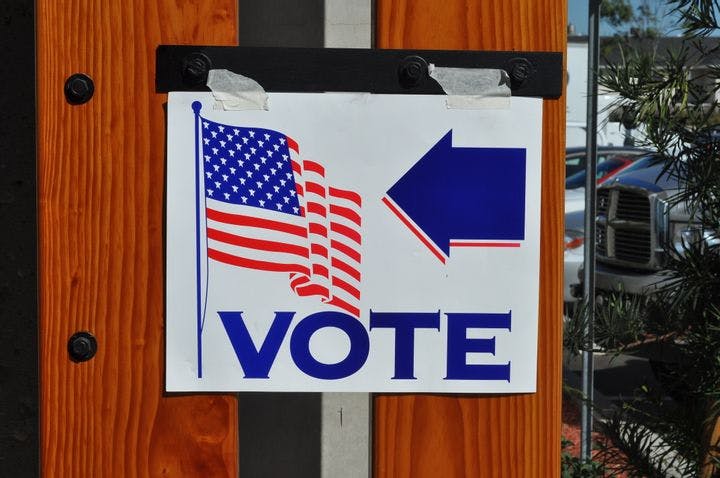Spring 2012
Gerrymandering and prisons
– The Wilson Quarterly
Prisoners aren't allowed to vote. That doesn't stop them from being gerrymandered into safe districts.
Other than elections, no battles are more bitterly fought in American politics than the redistricting fights that occur after each decennial U.S. Census. Many officials are willing to resort to any trick in the book to gain an advantage for their party. Jason P. Kelly, a postdoctoral research associate at the Woodrow Wilson School of Public and International Affairs at Princeton, has uncovered a new gimmick: prisoner swaps.
In most states, prisoners are barred from voting. But the Census still counts them (almost always at their prison location, not their last home address), and they are included in the head counts of electoral districts. A shrewd gerrymanderer would put prisons in electorally safe districts, freeing up some of his party’s supporters in those districts to be drawn into competitive areas where their votes could help tip the balance.
That’s exactly what officials do, Kelly found. He studied the movement of prison populations among state senate districts in 46 states following the 2000 Census. (The impact of prison populations on House of Representatives districts is minimal because the districts are too large to be affected by a few hundred votes, Kelly says.) In states where the redistricting authority shifted to Republicans after 2000, the average number of prisoners in safe Republican districts swelled by about 300. Where Democrats took power, they added about 400 prisoners per safe Democratic district. A party that gains control of the redistricting process in a state shifts a total of about 5,000 prisoners, on average. In some states, such as Texas and Florida, the prison strategy is pursued particularly aggressively.
Maryland now requires prisoners to be counted at their last home address rather than their prison location, and New York and Delaware have similar legislation in the works. But Kelly believes that prisoners may not be the only “phantom constituents” manipulated by gerrymandering officials: Children and non-citizens also get counted but lack the right to vote.
THE SOURCE: “The Strategic Use of Prisons in Partisan Gerrymandering” by Jason P. Kelly, Legislative Studies Quarterly, Feb. 2012.
Photo courtesy of Flickr/Tom Arthur
